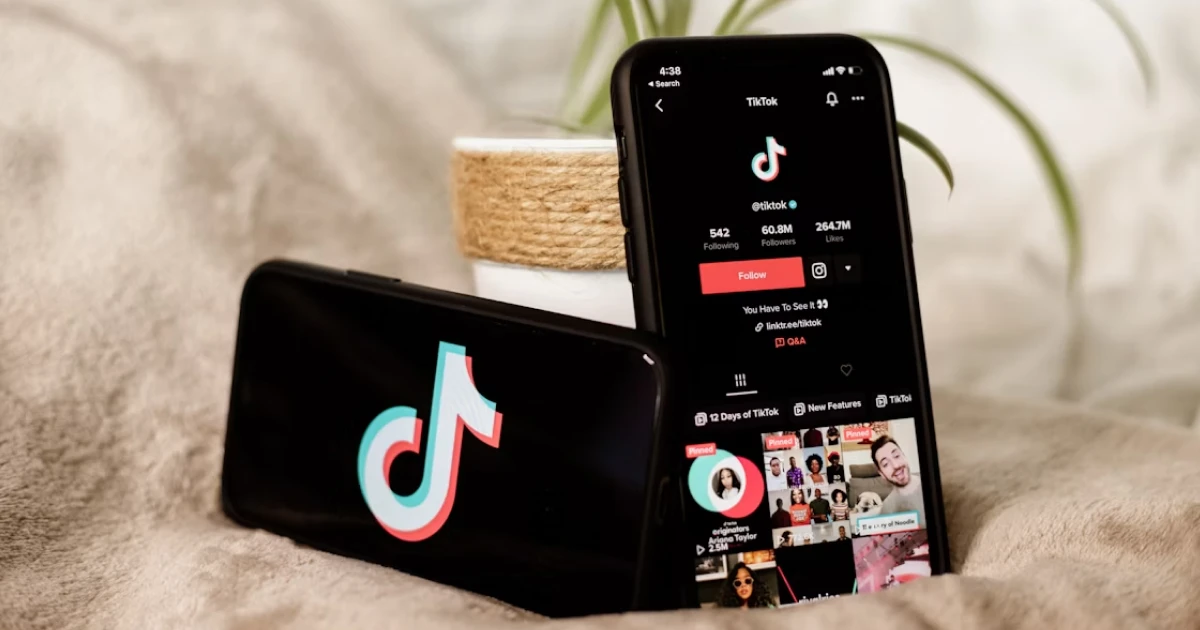This Meta new tool is planned to join the other company’s watermarking instruments, such as Audio Seal and Watermark Anything, which has been re-released and can be used under a permissive license.
“We developed Video Seal to provide a more effective video watermarking solution, particularly for detecting AI-generated videos and protecting originality,”, Pierre Fernandez, the AI research scientist from Meta stated.
It’s important to mention that this new Meta AI tool does not represent the first instrument of its kind due to the fact that SynthID from DeepMind is able to add a watermark to videos, and also the giant Microsoft has created some video watermarking techniques. However, according to Pierre Fernandez, the functionalities of this new Meta tool are able to surpass any competitor’s instrument.
“While other watermarking tools exist, they don’t offer sufficient robustness to video compression, which is very prevalent when sharing content through social platforms; weren’t efficient enough to run at scale; weren’t open or reproducible; or were derived from image watermarking, which is suboptimal for videos,”, the AI research scientist stated for TechCrunch.
Even more so, Video Seal can also include a secret message to all AI-generated videos. Later, these messages have the option to be uncovered in order to determine the video's true origins.
But probably the most challenging part is to encourage the tool adoption by developers who already use their own watermarking methods. To combat this, the Meta Company has also released the Meta Omni Seal Bench which is a public leaderboard that can evaluate and further compare various watermarking tactics.
“We hope that more and more AI researchers and developers will integrate some form of watermarking into their work,”, Pierre Fernandez stated.
















